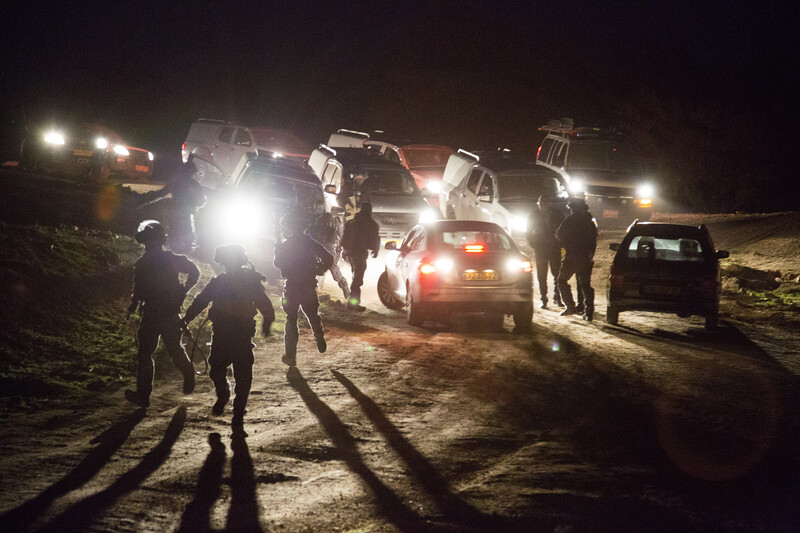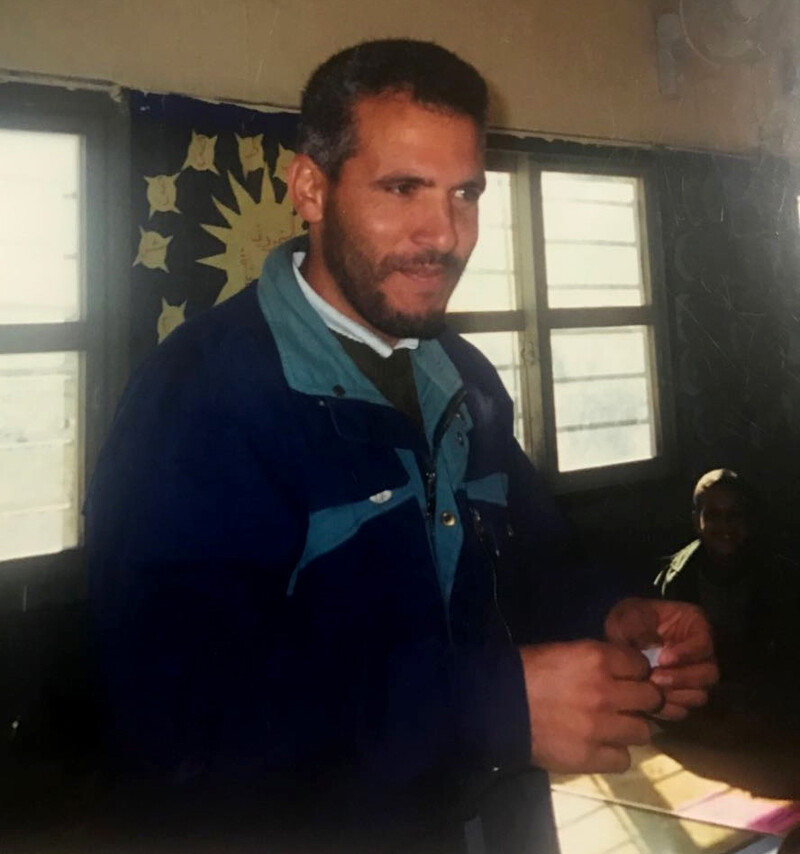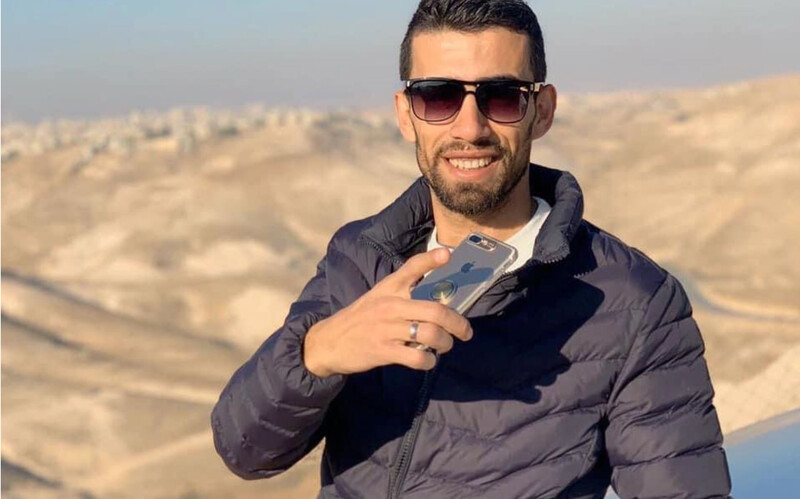Rights and Accountability 15 September 2020

Israeli police raid Umm al-Hiran, a village slated for demolition, 18 January 2017. A resident of the village and police officer were killed during the raid.
ActiveStillsHuman rights groups are demanding an urgent Israeli high court hearing about the killing of a Bedouin citizen by police in 2017.
Recent Israeli media reports suggest new evidence concerning Yaqoub Abu al-Qiyan’s death and a conflict of interest on the part of the Israeli state attorney who closed the investigation into his slaying in 2018.
The petition to the high court – filed on behalf of the Abu al-Qiyan family by Adalah and the Public Committee Against Torture in Israel – calls for the reopening of an investigation of the slaying and criminal indictments of those responsible.
Yaqoub Abu al-Qiyan was killed while he was slowly driving his vehicle during a violent and heavily militarized home demolition raid on Umm al-Hiran, a village not recognized by the Israeli government.
Israel has sought to expel Bedouins from the Naqab desert village in order to build a Jewish-only settlement in its place.
Abu al-Qiyan apparently lost control of his vehicle after being shot. His car veered off course and hit an Israeli police officer, killing him. Abu al-Qiyan was left to bleed to death while police prevented medics from assisting him.
“Abu al-Qiyan’s life could have been saved,” according to an investigation by Forensic Architecture, a UK-based research group.
Smeared as a terrorist

Yaqoub Abu al-Qiyan (Mossawa)
Israeli police swiftly declared Abu al-Qiyan a terrorist who was attempting to kill officers when he was shot dead – an allegation denied by witnesses.
Subsequent investigations by Forensic Architecture cast further doubt on Israel’s claims and suggested a massive cover-up.
The Tel Aviv daily Haaretz reported earlier this month that a senior official with the Shin Bet – Israel’s domestic intelligence agency – told the country’s justice ministry that there was no reason to believe that Abu al-Qiyan was attempting to attack police when he was killed.
The Shin Bet determined two days after Abu al-Qiyan’s killing that “there was no evidence or indication of a terror attack,” Haaretz revealed.
Despite this determination, kept out of public view until this month, senior Israeli officials proceeded to smear Abu al-Qiyan as a terrorist who deliberately killed a police officer and had ties to the Islamic State.
The officials who put forward these claims include Prime Minister Benjamin Netanyahu, police spokesperson Micky Rosenfeld and Gilad Erdan, now Israel’s representative at the United Nations.
They were following a playbook often used after the death of a Palestinian at the hands of Israeli soldiers and police, such as in the shooting of Ahmad Erakat at an occupied West Bank checkpoint this June.
Erakat was left to bleed to death while occupation forces denied him medical care and prevented Palestinian medics from reaching him.
Video of the incident shows Erakat’s car crashing into an Israeli military checkpoint in the occupied West Bank, hitting a Border Police officer who is able to quickly stand back up.
The video shows that Israeli forces shot at Erakat after he stepped out of the car with his arms in the air and while he was moving away from the officers, no longer posing an imminent threat.
Rosenfeld, the Israeli police spokesperson, called Erakat a “terrorist” on Twitter and Israel treated the incident as a car-ramming attack.
Erakat’s family disputes Israel’s claims. The young man was running errands ahead of his sister’s wedding later that day when he was killed.
His body is being held by Israel, preventing his family from burying him.
Bodies withheld
Human Rights Watch called on Israel to release Erakat’s body on Monday after Israel told his family that it would not return his remains.
Last year, Israel’s high court approved the government’s withholding of bodies of Palestinians killed during what Israel claims are attacks on soldiers and civilians.
Erakat’s family members claim in court filings that they were told by Israeli authorities that his body would not be transferred for burial due to “political considerations.”
Erdan, Israel’s UN ambassador, stated at the time of the law’s passing in 2018 that “As far as we are concerned, the bodies of these cursed terrorists will rot.”
Erdan is one of the chief proponents of the policy of withholding slain Palestinians’ remains.

Ahmad Erakat
Israel is currently holding the bodies of 67 Palestinians killed by its forces and has delayed the return of more than 250 bodies since implementing the policy in 2015. More than 750 Palestinians have been killed by Israel since October that year.
Human rights groups have stated that the practice of withholding bodies “amounts to torture and ill-treatment of the victims’ families.”
Israel justifies the policy as a deterrent against future attacks and seeks to use the bodies as bargaining chips to secure the release of Israelis held in Gaza.
Hamas authorities in Gaza are believed to be holding the remains of two Israeli soldiers killed during battle in the territory in 2014, as well as two Israeli civilians with mental health disabilities who entered the Strip around the same time.
European Union officials have repeatedly expressed concern and “solidarity” over the remains of Israeli soldiers believed to be held in Gaza. The EU has meanwhile ignored the plight of the families of Palestinian civilians whose remains are withheld by Israel, despite claiming to uphold human rights for all.
Following a deal reached in 2011, hundreds of Palestinians held prisoner by Israel were released in exchange for a captured Israeli soldier held in Gaza for five years.Israel is currently holding 4,500 Palestinians in its prisons and detention centers, including 140 children and 340 administrative detainees held without charge or trial.







